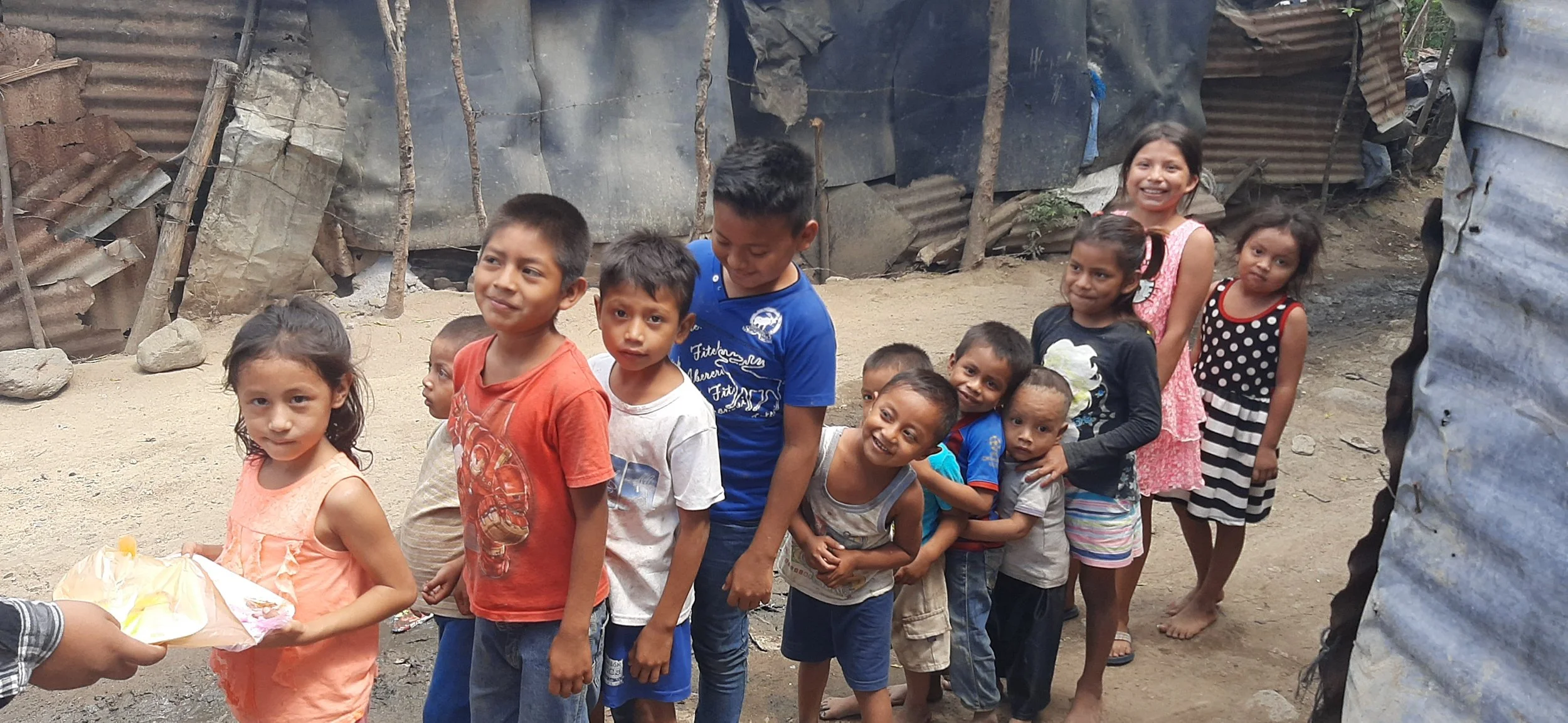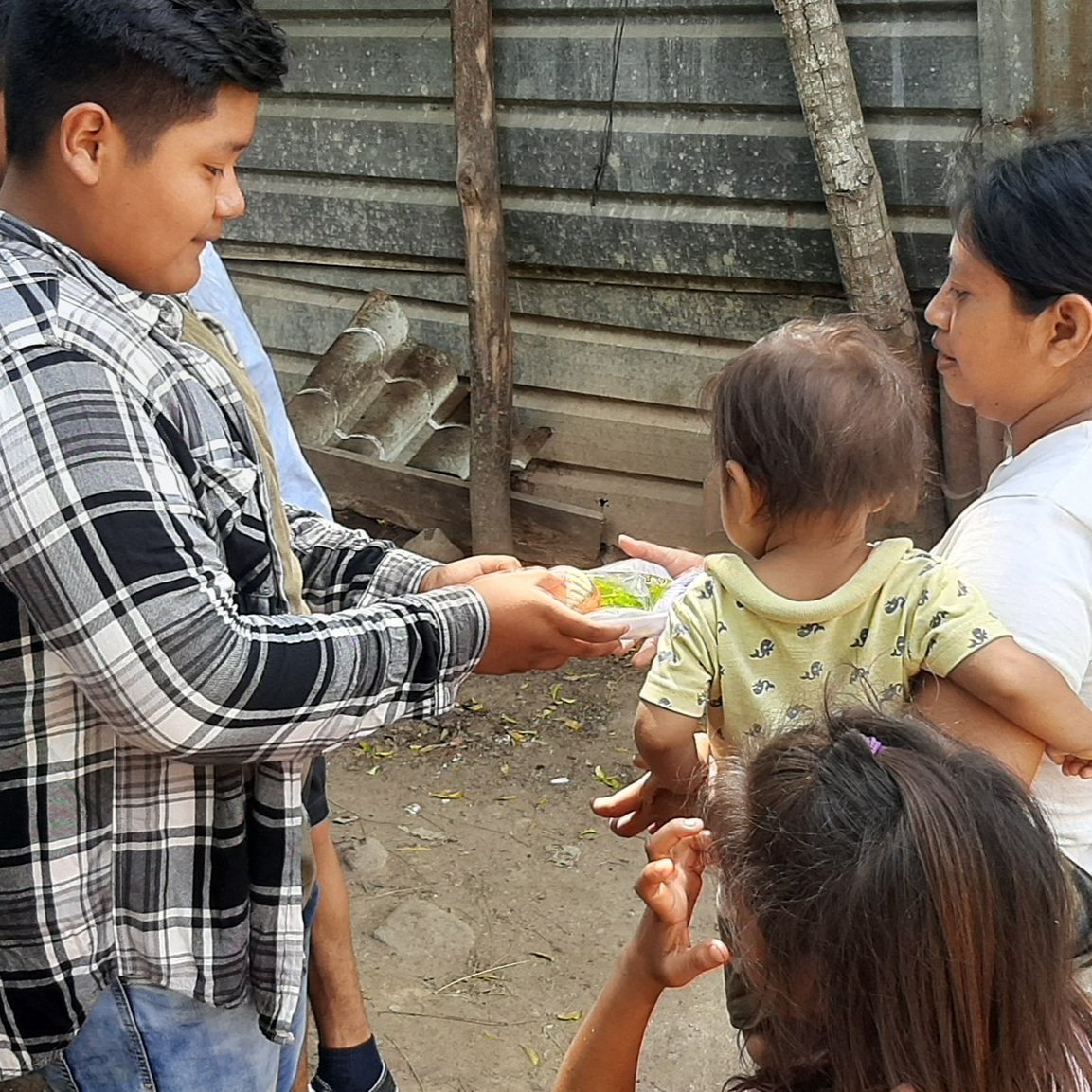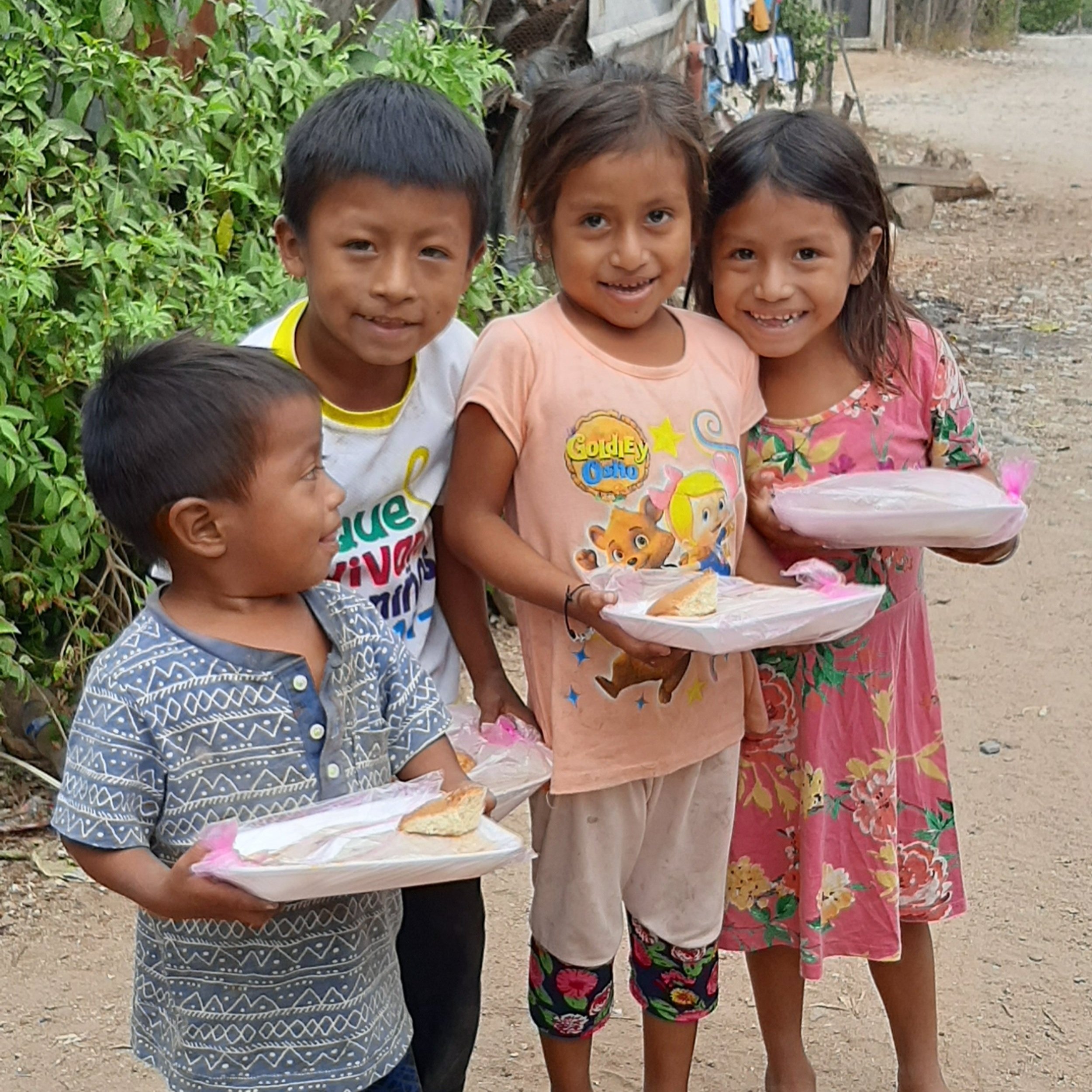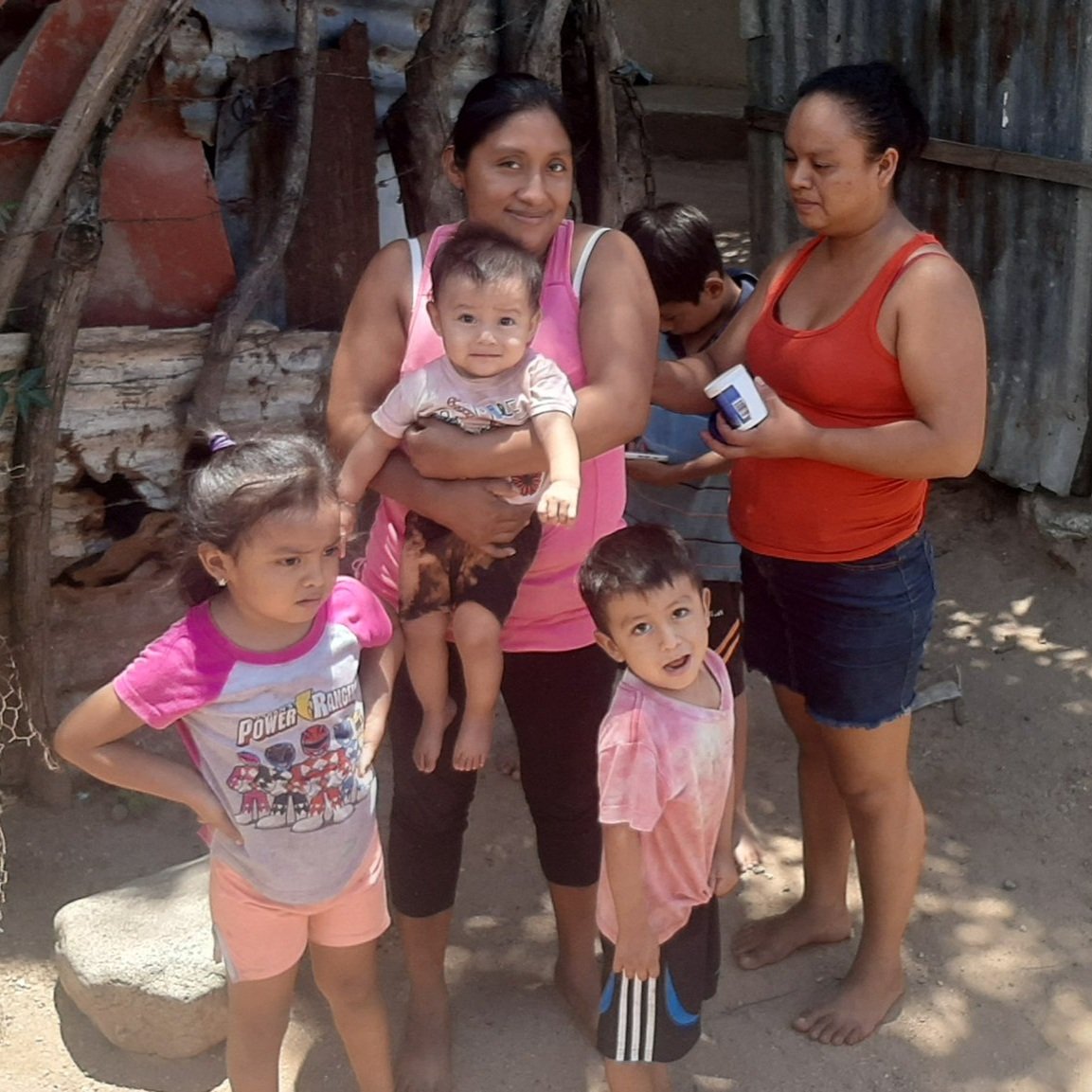Our Soup Program
Guatemala has one of the worlds leading child mortality rates due to malnutrition. When drought season hits it is not uncommon for families to go days without food, some at the desperation of picking and harvesting any food they can find. This has resulted in serious health injuries and even death due to picking foods like poisonous mushrooms.
We work closely with Love Guatemala Canada to bring a Canadian made dehydrated vegetable soup mix to villages in need. This mix has everything needed for a full days nutrition.
Our local church in Shutaque takes 200+ plates door to door to children in need in the village of Jurgallon. This provides a filling meal to malnourished children in our local area. They add meat, tortillas and rice or pasta to make it a filling meal experience.
200 meals costs just $35. This is a great fund raising option for businesses, schools or small groups. If you would like to donate one or more feedings please click here or the button below.
Statistics
Four in ten children (43.4%) under five are chronically malnourished (as measured by height relative to age), a condition that causes them to drop out of school, lowers their productivity, makes them susceptible to illness and even loss of intellectual quotient, which are irreversible effects that last a lifetime. Chronic malnutrition affects eight in ten (80%) indigenous children.
The global economic crisis and the effects of climate change, particularly drought, are further affecting the economies and livelihood of indigenous families and the poorest, with boys and girls among the most affected.
Nearly three million Guatemalans lack access to safe water and about six million have no access to improved sanitation.
Primary school enrollment has increased substantially in recent years and now reaches 96%. However, staying in school remains a major problem since only four out of ten children who start will finish primary school. Indigenous girls attend school, on average, for only three years.












